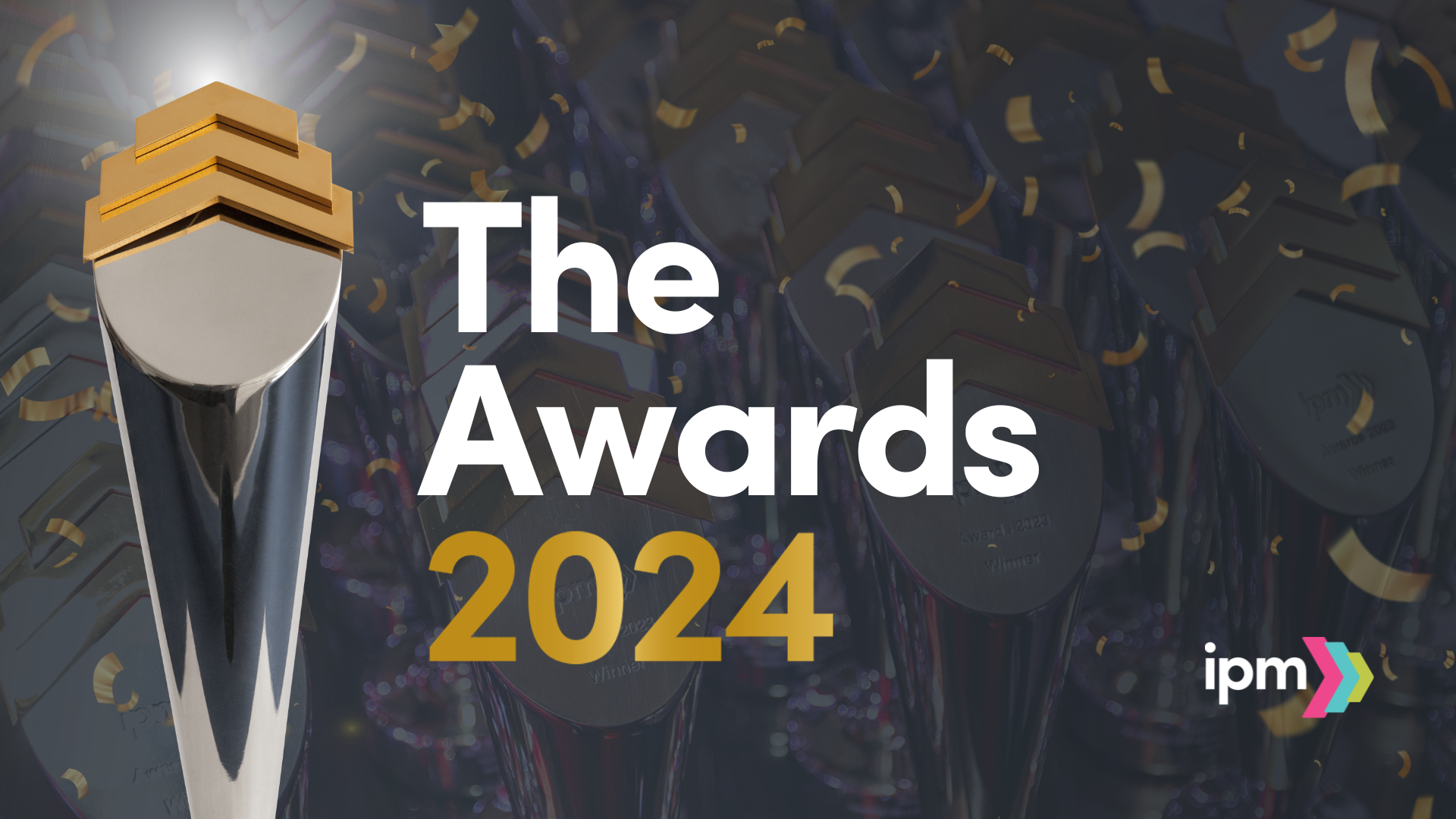David Ogiste, founder of Nobody’s Café, recently sat down with the Institute of Promotional Marketing to discuss the day-to-day running of an experiential marketing agency.
Central to this conversation is the idea of ‘connection’ between people, brands, and places. He builds authentic connections for high-profile clients like Amazon Prime Video, Netflix, Spotify, and Trivago.
From the forefront of experiential marketing, David offers a glimpse into the future of brand experience in response to changing consumer expectations and technological advancements.
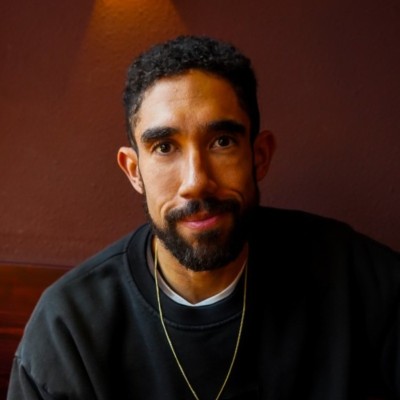
Experiential Marketing
Key Takeaways
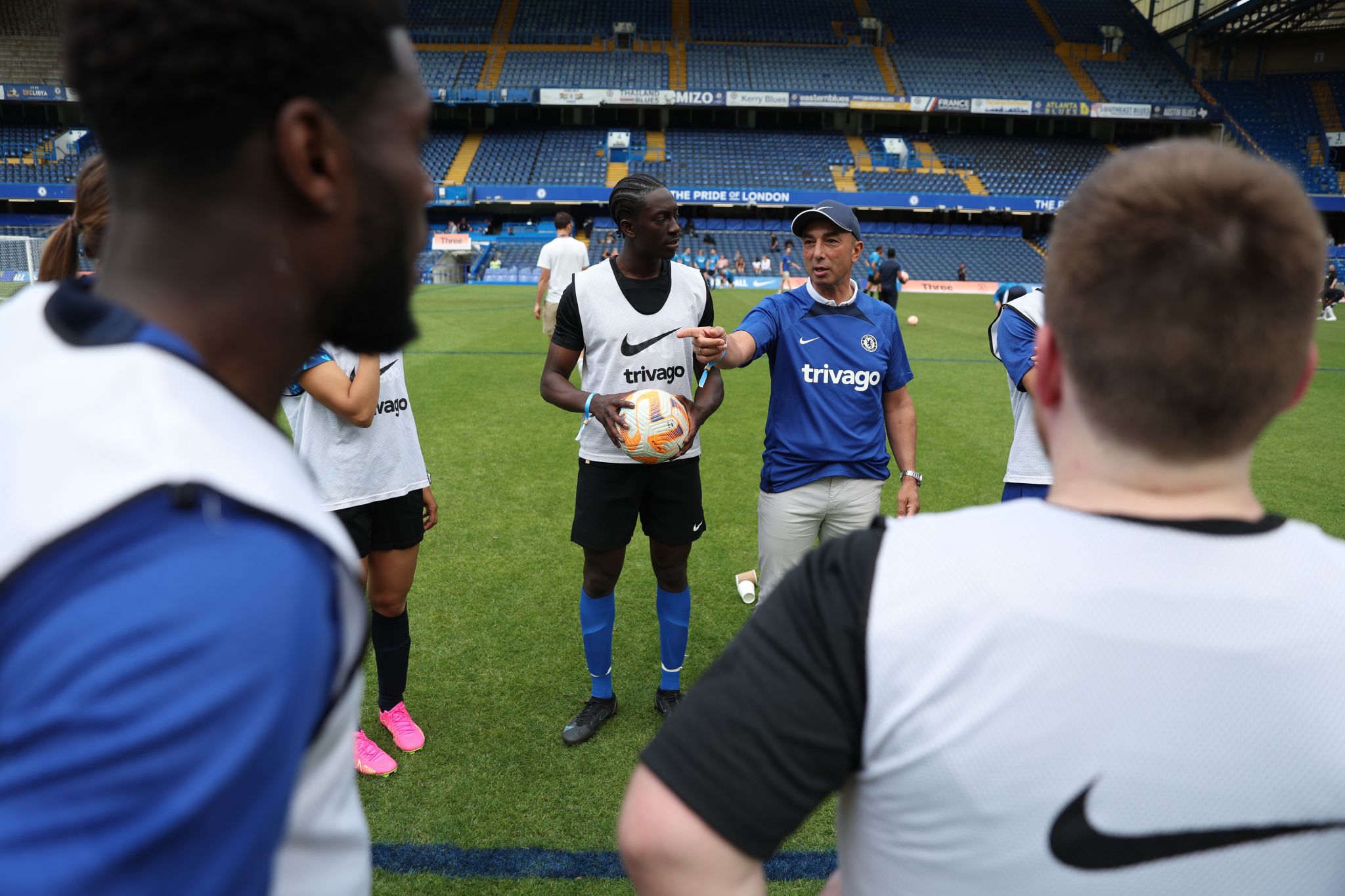
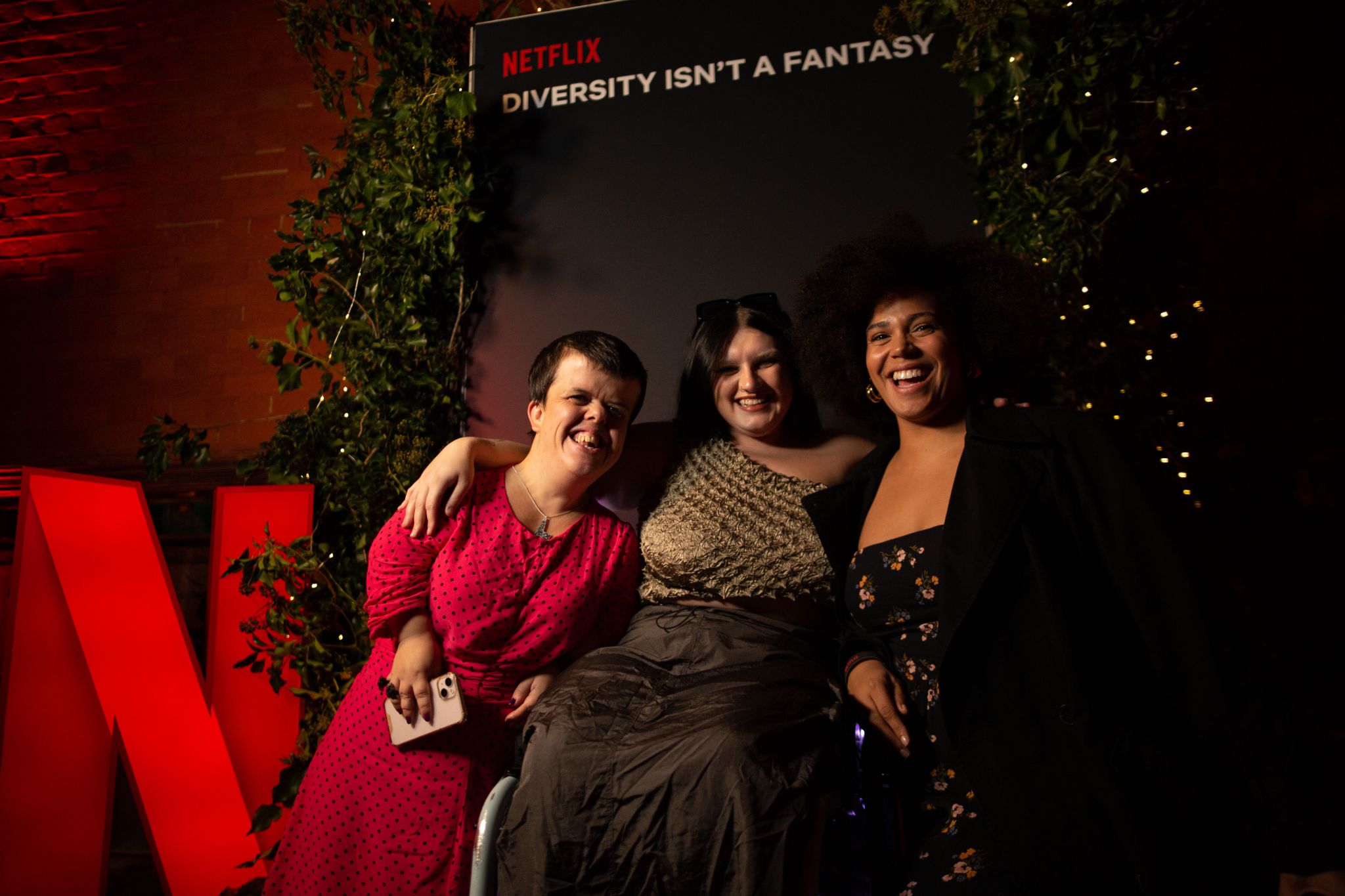
David Ogiste, founder of Nobody’s Café, recently sat down with the Institute of Promotional Marketing to discuss the day-to-day running of an experiential marketing agency.
Central to this conversation is the idea of ‘connection’ between people, brands, and places. He builds authentic connections for high-profile clients like Amazon Prime Video, Netflix, Spotify, and Trivago.

Experiential Marketing
Key Takeaways


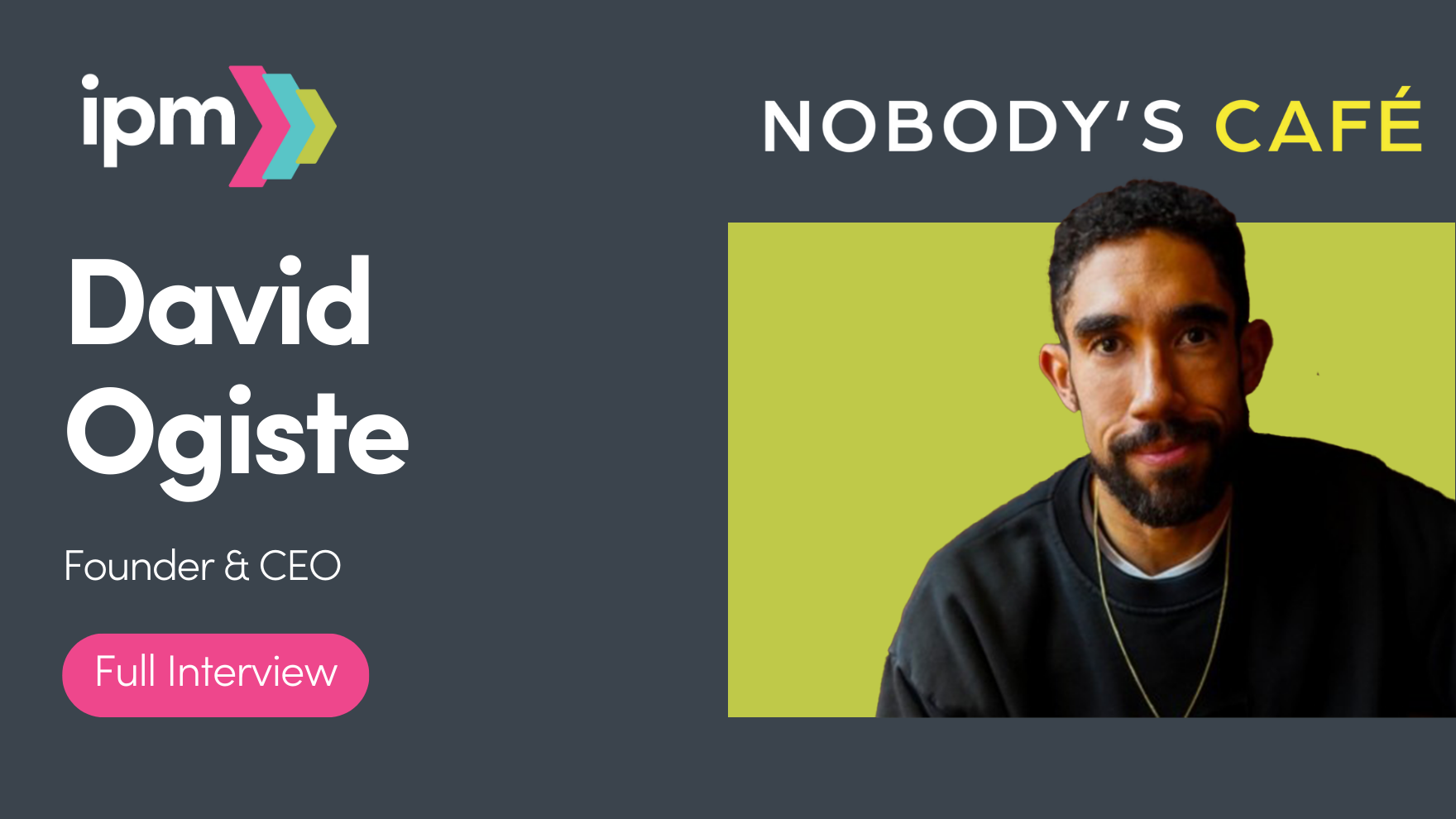
Where does Nobody’s Café come from?
I’ve been involved in events and experiential marketing for about 15 years now, working with various agencies in the UK and spending a couple of years in Dubai and the US. It was during an art exhibition that I read about this bar in 1920’s Mexico called Café de Nadie, which directly translates into Nobody’s Café. This bar was famous for hosting vibrant gatherings for writers, actors, poets and creatives. It was the spirit of those evenings and this idea of creativity bringing people together. We’ve since had the privilege to work with great brand like Amazon Prime Video, Netflix, Spotify, Trivago.
What do you think sets experiential marketing apart from traditional marketing approaches?
Not to sound morbid, but when you’re on your death bed, what are you going to think about? Is it going to be the experiences you had or is it going to be an advert you saw on TV?
It’s very unlikely that while you’re sat there with your family that you will start reminiscing about stories of TV and print adverts. The reality is most TV and print adverts are forgotten whereas an experience has the ability to last forever.
In 20 years time, 50 years time, you could remember that moment. There’s this sort of serendipitous and and spontaneous possibility of meeting someone that you’ve never met. Making a new friend falling in love with someone. Experiential marketing creates unforgettable moments and I just don’t really think any other traditional marketing can beat that.
“There’s this sort of serendipitous and and spontaneous possibility of meeting someone that you’ve never met”.
Have there been any campaigns that have significantly shaped your approach as a marketer?
Every project we’ve undertaken has been quite formative. But what I would say one project that stands out is the one that we did for Netflix, which was called ‘Diversity Isn’t a Fantasy‘ for a show called ‘The Witcher: Blood Origin’.
We meticulously designed the event to be wholly inclusive, from installing ramps for accessibility to signage, and language used throughout. Collaborating with two charities, our goal was to ensure that every attendee felt welcomed and valued. This experience was a pivotal moment for me personally and professionally to go beyond creating great events to thinking about spaces where everyone can truly belong.
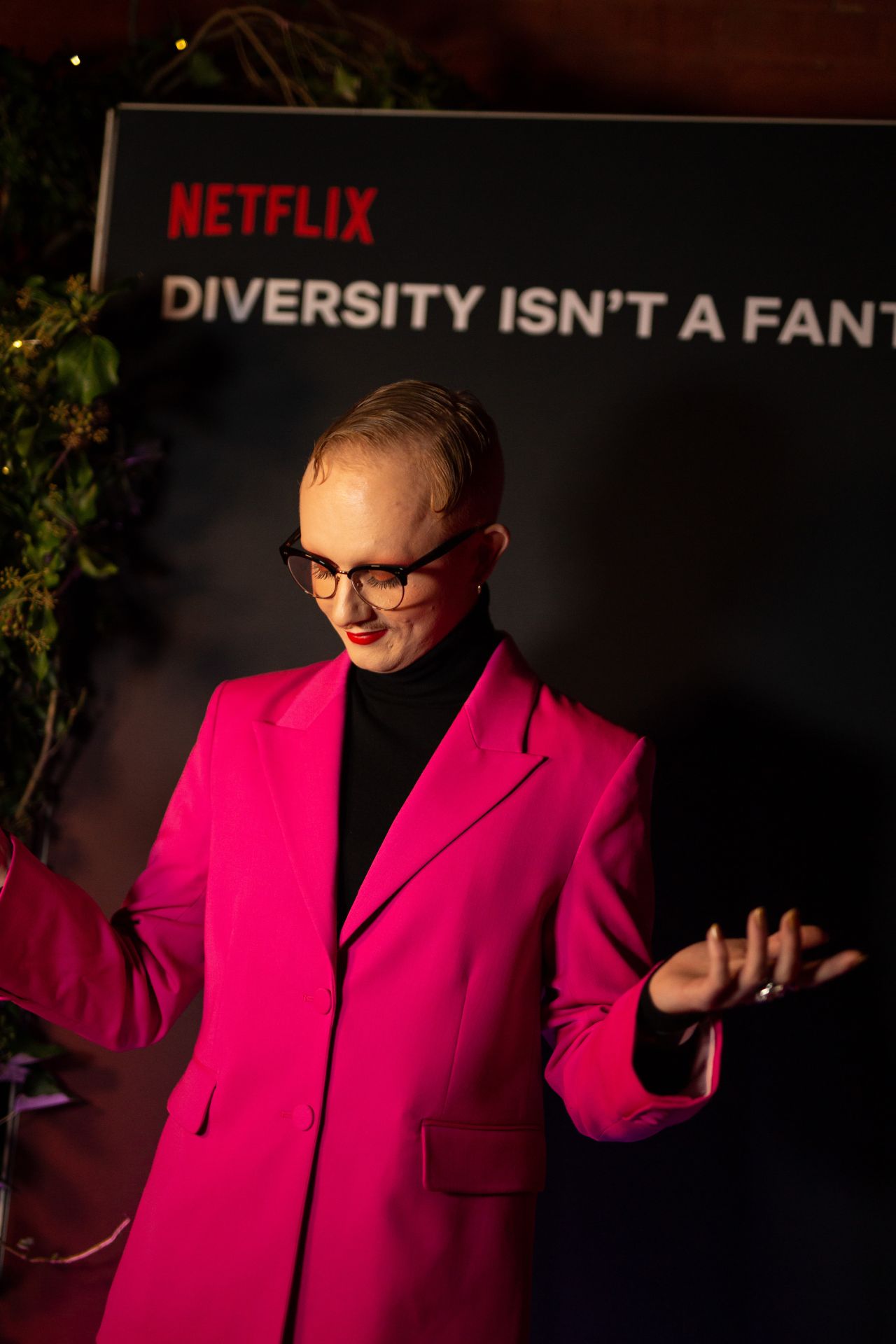
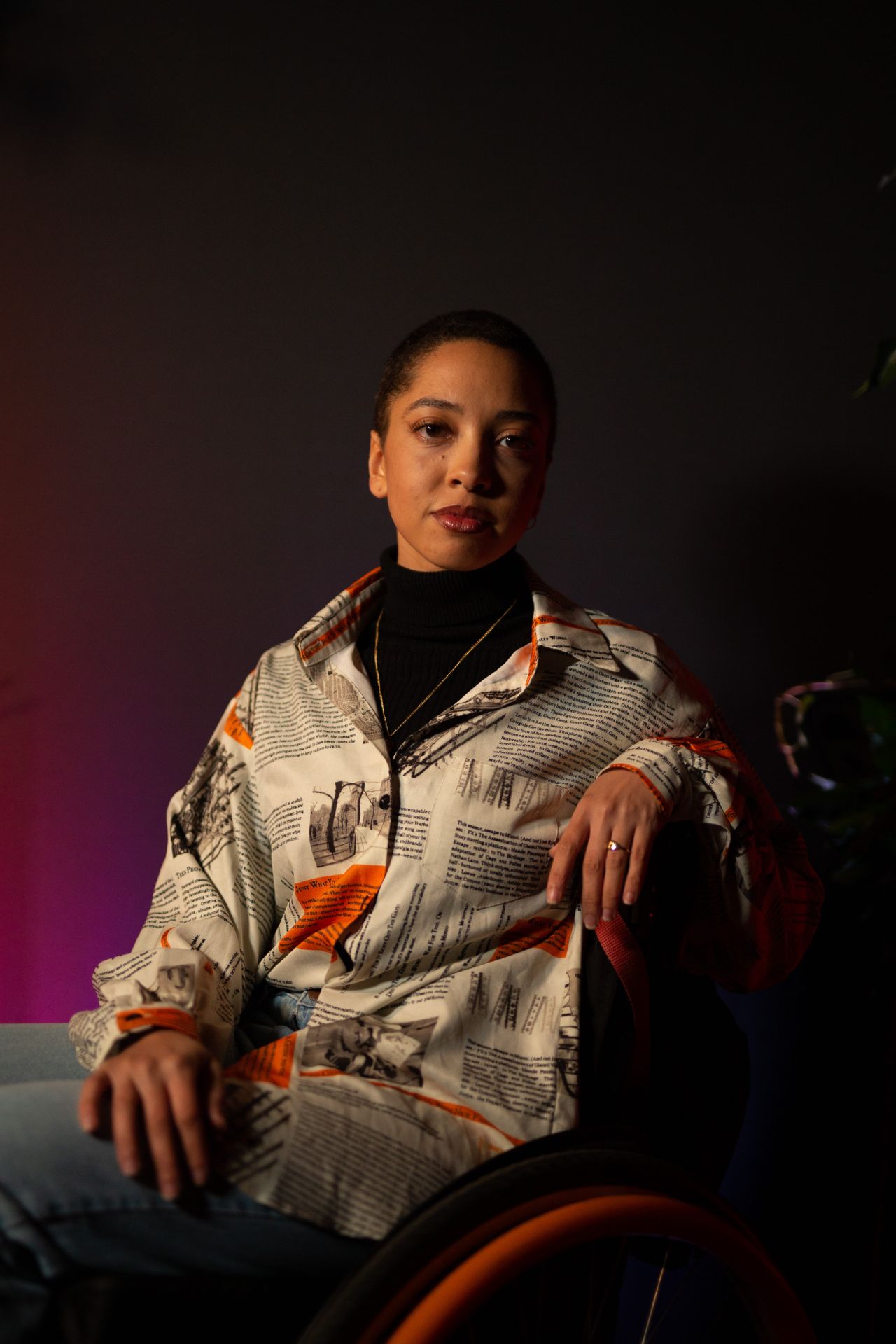
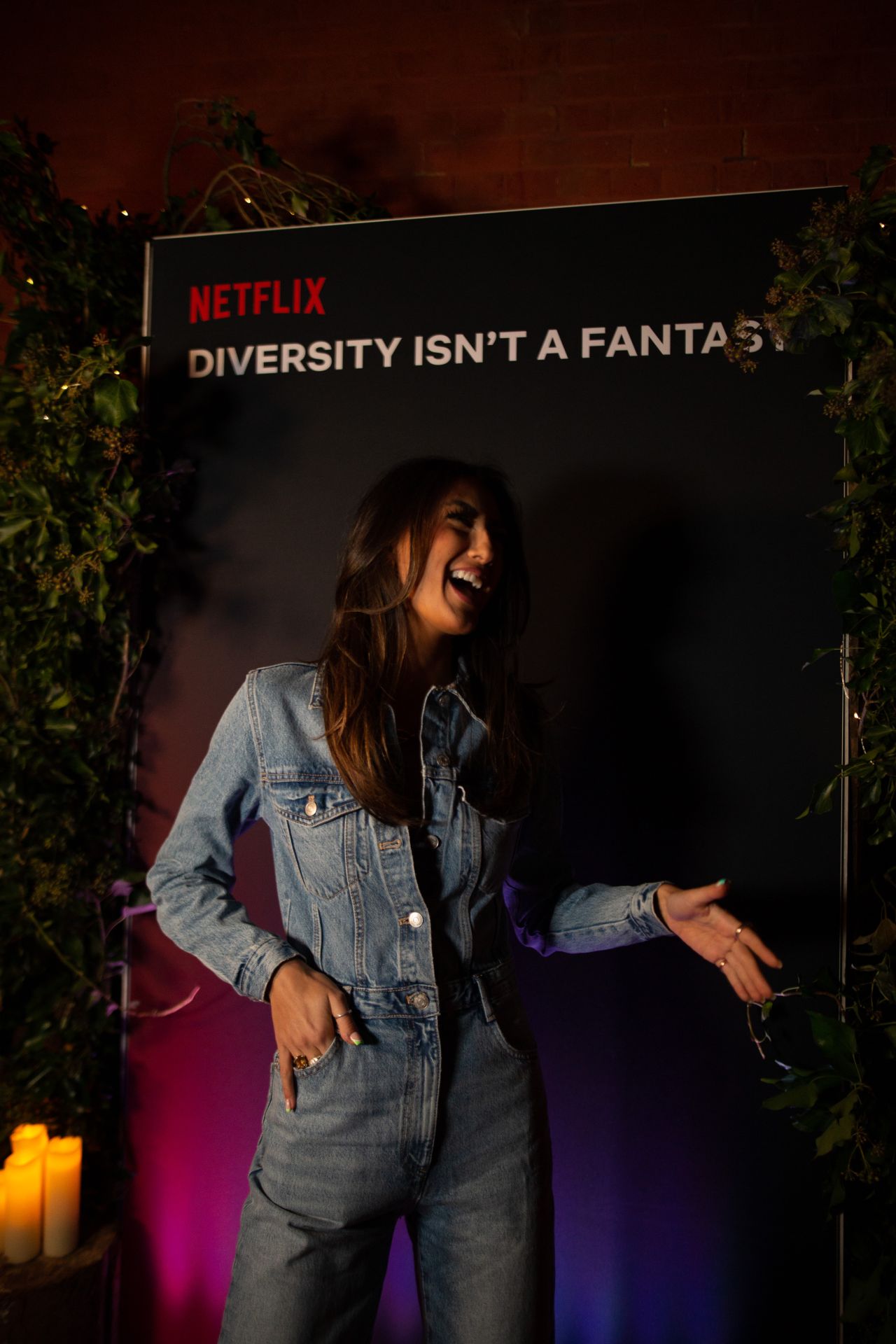
In what ways do you think sports and experiential marketing can combine to offer fans something beyond the game?
One thing about sports fandom is they’re extremely loyal and that level of immersion is rare for consumers. It’s a bit like gaming in that aspect. You might be playing football, watching the games, doing fantasy football and then playing EA Sports FC. There’s a massive opportunity with sports and experiential and sometimes I don’t think it’s fully been tapped into.
We did a lot of work with Trivago and Chelsea to give fans this once in a lifetime opportunity to play on the pitch at Stamford Bridge. Ashley Cole managed one of the teams. Again, I keep saying it, but unforgettable moments. You’re not going to quickly forget the time that you played on Stamford Bridge.
Sponsorship is how brands have usually got into sports with a logo slapped on shirts. But I think there’s so many sports games played. There’s so many sponsors. There’s so much branding. There’s even branding of the Barclays Premier League. So for a brand to stand apart they need to provide experiences that drive fandom in new directions.
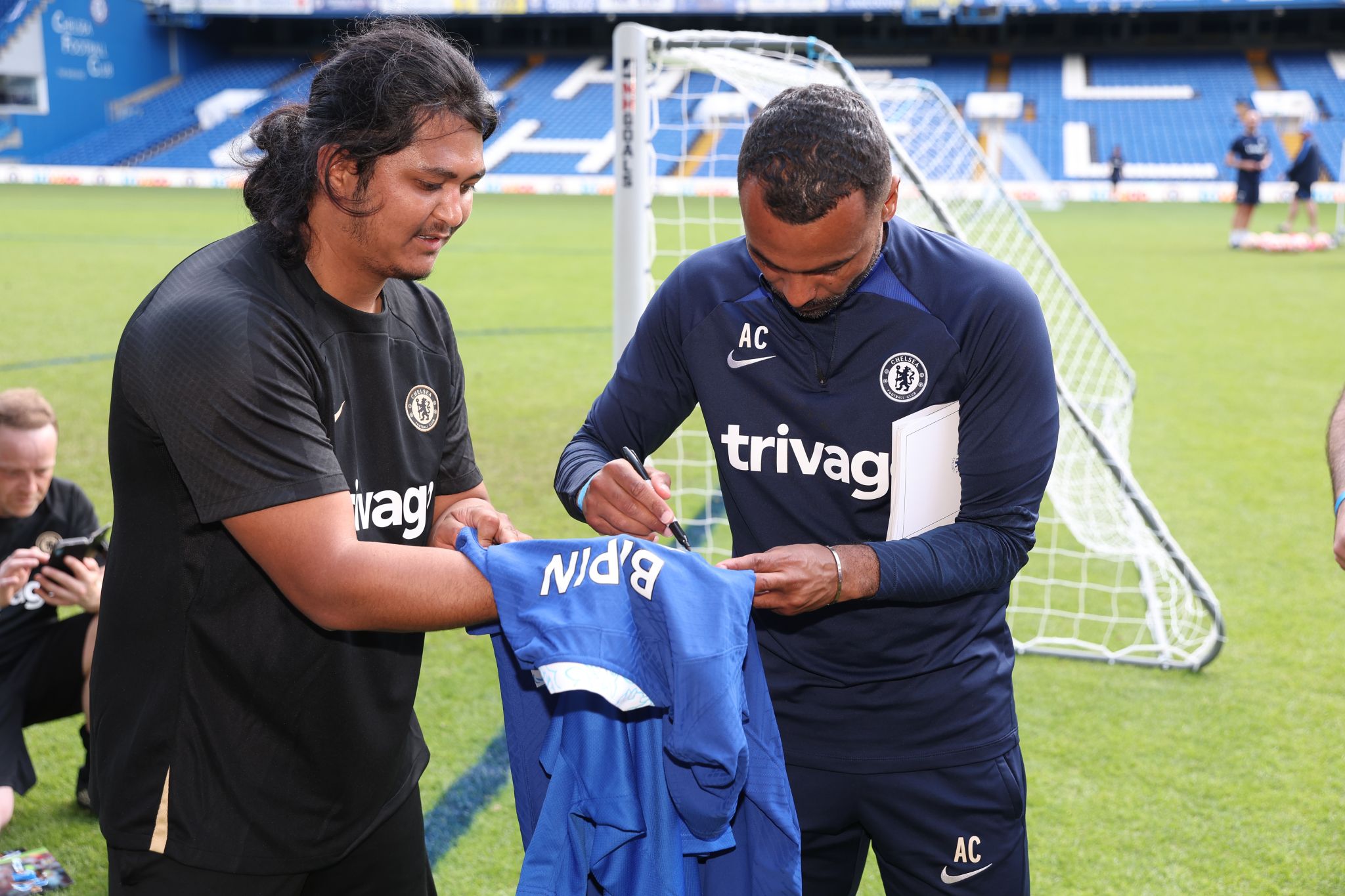
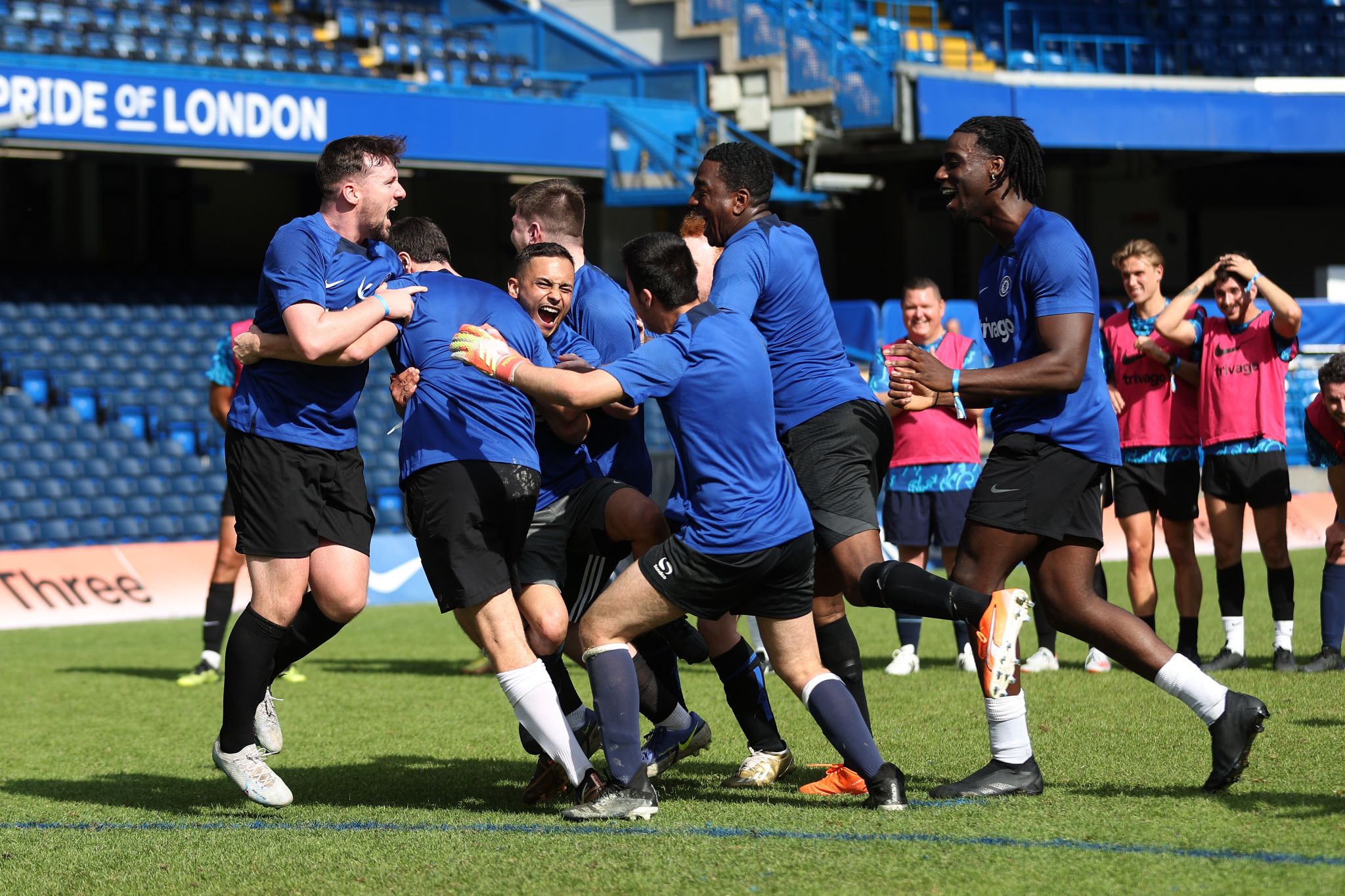
How will virtual and Augmented Reality (AR) shape the future of brand experience?
I was part of the team that helped launch PlayStation VR in the Middle East and I love those type of experiences. During COVID we have this explosion of the virtual realities and Facebook even changed its name to Meta.
But nobody’s talking about the metaverse now and we’re not all going into a room wearing headsets. For a one off gaming experience, yes! But the future of events, I don’t think so…
To me mixed reality is more interesting as smartphone technology continues to develop. The ability to walk into a room and use your phone to find a mystery clue. And when you scan something it pops up back on your phone.
Experiences like ABBA Voyage demonstrate the power of holograms and augmented reality in real-life experiences. But are we all going to be sitting in headsets like Ready Player One? Probably not. Will real life brand experiences be enhanced by technology? Absolutely.
Have you designed an unforgettable experiential campaign? The IPM Awards is calling for entries and recognises the best delivery of brand experience across a variety of environments.



